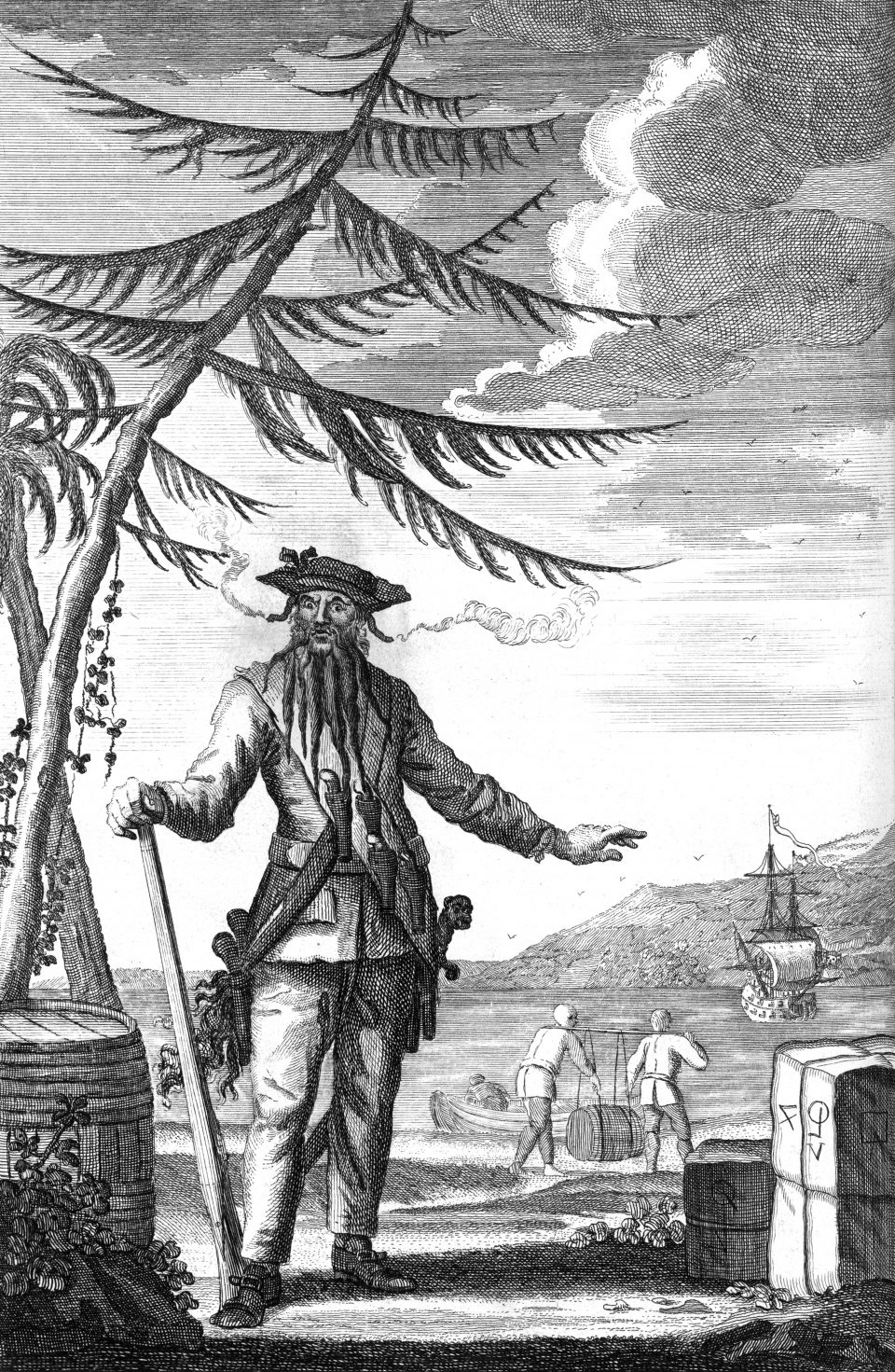The US Supreme Court has ruled that you can’t sue a state if it uses your intellectual property without permission
Listen instead: My podcast episode 8 discusses this new Supreme Court decision
In case you didn’t hear this news amidst all the other hubbub going on in the world, the US Supreme Court made a copyright ruling today that effects every US creator, including photographers.
The case involves a video production company called Nautilus, that for 20 years was the official video crew for the work on the wreck of the Blackbeard ship “Queen Anne’s Revenge”. According to the Nautilus website, they filmed archaeology and artifact recovery on the shipwreck with no cost to the tax payers of North Carolina. But according to the complaint, various entities of the state began making unauthorized copies of the Nautilus videos.
I’m not well-versed on the background here, but it sounds like Nautilus provided some video to the state, which was then duplicated and used by other departments or agencies without permission.
Nautilus filed a lawsuit against the State of North Carolina in 2015, and apparently the state responded by passing a law known as Blackbeard’s Law that — as I understand it — essentially placed all the videos, photos, and other documents related to the shipwreck that were in the possession of the state into “public record,” which I assume means public domain.
The Nautilus website quotes Justice Ginsberg as saying that states can be copyright holders and can pursue remedies if their own copyrights are infringed, so it’s unseemly that they can turn around and infringe “to their heart’s content” against the intellectual property of others.
This is allowed under the concept of sovereign immunity, which means that private citizens cannot sue a state for things like copyright infringement.

As you can imagine, the press is having a field day with piracy and Blackbeard puns.
The Hollywood Reporter said this: “Copyright holders may have to worry about state infringers who pirate their works — and get away with it. That’s because on Monday, the Supreme Court held that under the U.S. Constitution and without further action by Congress, states are immune from copyright suits in federal court.”
A Bloomberg headline says in bold print, “States Shielded From Copyright Suits, Supreme Court Rules,” and then goes on to say in quite direct and strong language, “The U.S. Supreme Court said copyright owners can’t sue for damages when a state government pilfers their work, ruling against businesses in a case stemming from the wreckage of the pirate Blackbeard’s flagship. The justices on Monday unanimously said states are protected by sovereign immunity. “
A recent Texas lawsuit reached a similar conclusion
Unfortunately, this isn’t the only recent example of such an infringement case, or such a legal decision. Last year, the Houston Chronicle reported a similar legal outcome in Texas with this headline: “Texas court says photographer has no recourse against university copyright infringement.”
In that case, a Houston photographer — knowing he couldn’t sue the state because of sovereign immunity — tried an alternate tactic, using a law that says the state can’t take your property — a law generally used with regard to real estate. According to the photog, the business school at the U of H had used one of his aerial photos of the city skyline in their promotional materials without permission.
So there ya go. More weird news in the age of the weirdest possible news.
Read the Supreme Court opinion here:
https://www.supremecourt.gov/opinions/19pdf/18-877_dc8f.pdf
Nautius website
http://nautilusproductions.com/blog/blackbeards-lawsuit
Hollywood Reporter
https://www.hollywoodreporter.com/thr-esq/supreme-court-decides-north-carolina-is-immune-filmmakers-copyright-suit-1285910
Houston Chronicle
https://www.houstonchronicle.com/business/article/Texas-court-says-photographer-has-no-recourse-13973674.php
Thanks for reading.
Be sure to visit me on Facebook, Instagram or Pinterest, or on my website at keithdotson.com.
~ Keith

OMG! They’re taking away our rights! I will be very eager to here Pixy’s take on this, a company that helps protect art works.
I do have one question though, did the original video company register the video for copyright before using any of the material? Although that may not matter if the state has changed the law anyway.
Wow, this is truly a bizarre year…